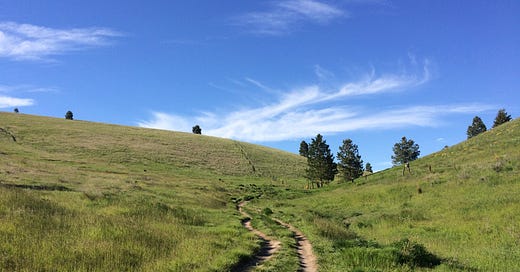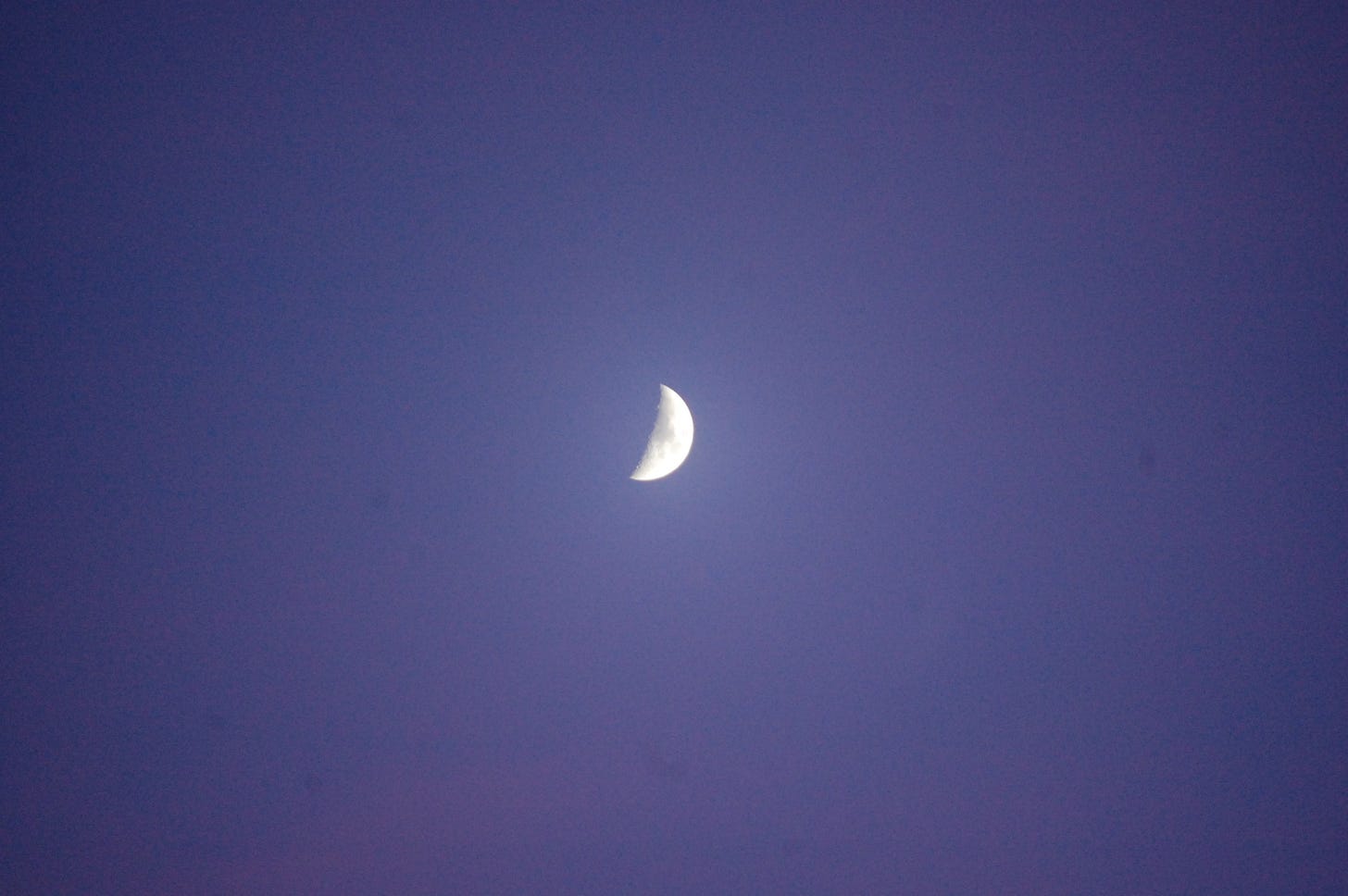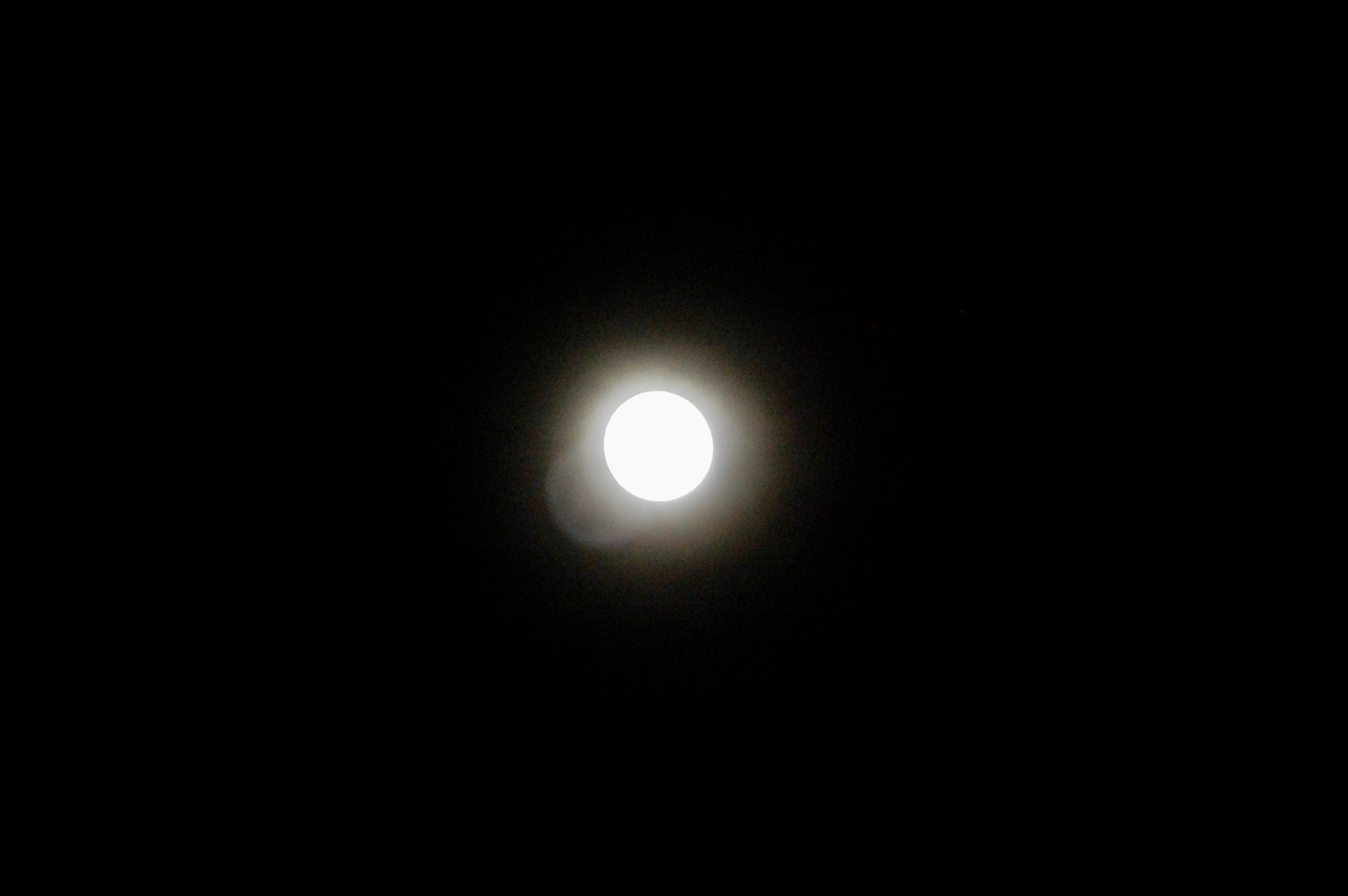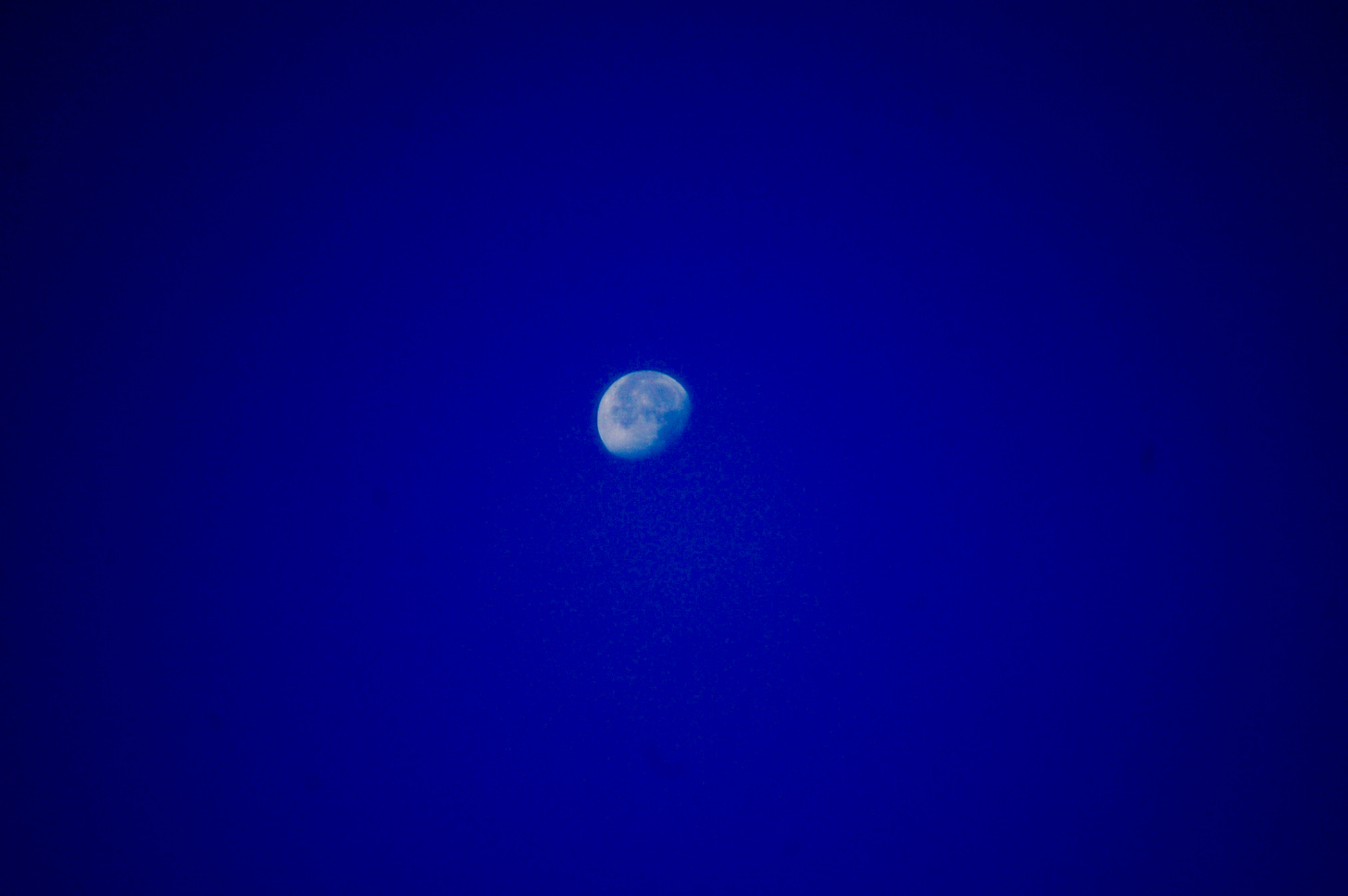Deep in the long middle of Paul Simon’s songwriting career, he wrote a song about writing a song about the moon. Songwriting instructions, in the form of a song. Cerebral stuff for popular music.
(He seems to own it. Nothing says “Maybe I think too much” quite like bookending “Song About the Moon” with two renditions of the same tune, both titled—that’s right—“Think Too Much.”)
I admire Paul Simon’s work for many reasons, but primarily because he spits out complex language, ideas, and stories—while simultaneously, shamelessly, grooving hard. You can write challenging lyrics; you can write catchy pop songs; or you can be Paul Simon and consistently do both for 50+ years.
Most good songs do some version of this: mix the savory with the sweet, the substance with the fluff. Give the people what they want—a good beat, a sing-along melody—but fold in some mental–emotional sustenance, too.
Paul Simon might furrow your brow with a line like, “Wash your hands in dreams and lightning”—but then it’s “Na na na” “Whoa whoa” “Yeah yeah yeah” until you’re bopping your head again. He owns the musical cliché; he writes a song about the moon. But he takes the back road to get there.
None of this was on my mind, 18 years old, saying goodbye in a parking lot. In high school, most of my friends lived in other towns. We got together, and then said goodbye. I carried memories back to everyday life, pored over the details, like a lucky stone I carried around. I lived through re-living old memories—so these goodbyes always stung.
That clear, breezy spring day, the moon sat prominently in the sky above us. I can’t remember if I said, or if someone said to me, “Keep the moon on your shoulder.” One more hug, one more goodbye.
The phrase stuck in my brain. Back home, I tried putting it to music. Keep the moon on your shoulder. Let’s try something straightforward, four chords, maybe five, (okay, six), key of G, something a little bit folky, a little bit obvious, and maybe it’ll be a crowd-pleaser—unlike the dense, cerebral stuff I usually write. (My tendency was always more “Dreams and lightning” than “Na na na/Yeah yeah.”)
I sketched it out quickly: chords and melody, chorus and verse, some vague lyrics about saying goodbye. “Keep the moon on your shoulder as you go.” It felt . . . half-assed. A little too obvious. But for all I knew, that’s how writing a simple song felt.
Then years passed. My old songs mostly fell out of rotation—I got pickier, wanted better tunes in my repertoire. I kept at it, and kept playing for people, until the new songs got better reactions. Occasionally I dug out the moon song, and folks always liked it. Great! Something resonated. Except . . . the lyrics still felt hollow. I rewrote it every couple of years. People still liked it! But to me, it never felt finished.
Why are the simplest songs so hard to write? I finished writing The End of May before I could finish the moon song. That album discusses falling in love, staying together, making it work, through challenges and misunderstandings. But then I split up with my partner of three years. I chose to end it; but still, the grief of separation felt intense. I had shared my life so closely with her, I no longer recognized myself, solo.
After awhile, we did what many separated people do: tried to be friends—still knowing each other so well—while unintentionally hurting one another, agitating those wounds we’d inflicted. After a few cycles of drifting together, then apart, I stumbled onto the 2nd line for that old song.
Keep the moon on your shoulder today/Hold me close as you push me away
I’d never tried a lyric quite so . . . blunt. But after living in post-breakup emotional limbo for over a year, I was tired, and too familiar with the push-and-pull to say it any other way. It also matched my memory of being 18 in a parking lot, saying goodbye. You can hold something so closely, you begin to hate it, hate the power it has over you.
I don’t subscribe to the idea that suffering fuels creativity, or that good art requires heartbreak. I’d rather be happy than write good songs. But I think the spiral of sadness resembles the work of writing lyrics. You obsess over a string of words, a feeling, a memory, seeking some sort of clarity to dispel the haze. Infinite choices, or zero: they both feel the same.
After placing that 2nd line, the rest of the lyrics came quickly—some 5 or 6 years after I first sketched out the song. I wrote directly from that ache, describing what I missed, and also the reasons we were better off apart. The song felt better to sing now: I got the offbeat “push” in “push me away”; the stammering about “insignificant details”; the howling over how “things fall apart.” I don’t often write autobiographical songs, but that time, the “I” was definitely me, and the “you” was her.
I also discovered why the image of the moon stuck in the first place. Keep the moon on your shoulder; this feeling fades, and then it reappears. We may never touch again, but you still move me, just like the moon pulls the tides, from tens of thousands of miles away.
Free download on Bandcamp
At that late stage, I realized I’d unintentionally lifted the melody from U2’s “Van Diemen’s Land”—which itself follows the folk tune, “The Water is Wide.” Finally, I understood why everyone liked the song. Folk music lives just beneath our awareness. You hear a melody, and it feels right, even if you can’t place it. That sweet familiarity made my song easy on the ears. But then I needed ballast: the sad story, the roughage, the mental–emotional sustenance. I’d tried every clever lyrical trick I knew. But with a tune so sweet and simple, the sad edge had to be razor sharp, so you barely felt it.
Structurally, I tend to ease into songs. Start with a verse, a description; set the scene, suss out the story. But here, I had a specific challenge: no intro, no preamble, just straight into the chorus, “Keep the moon on your shoulder.” Right away, I needed to know who I was talking to. And for 5 or 6 years, no one came to mind.
Back to Paul Simon’s instructions: he sings, “If you want to write a song/About a face/Think about a photograph/That you really can’t remember/But you can’t erase.” I find it incredible, how closely this matched my experience: letting love go, while holding on tight. “Presto/Song about the moon.”
I settled on a title, “The Longer Road,” partly to tease myself over my long-drawn-out process. The short road, in love, looks like staying together, making it work. The long road looks like breaking up, starting over with someone else—likely some stranger you have yet to meet. You spend all those years, building a life together, but then they vanish in a moment. Poof.
And what will you have to show for it? A song?








